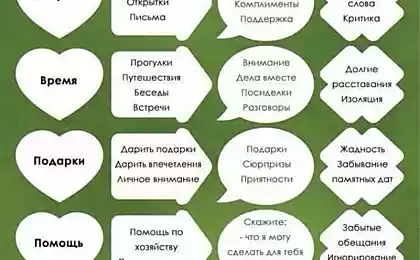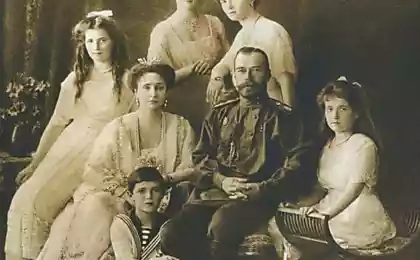192
“Sps” instead of “thank you” is considered a bad tone, but our great-grandfathers cut much steeper.
Reading the literature of the XIX century, we often meet unusual for the modern Russian language turn of speech. At that time, the words were added to the particle "-s": "Would-s", mercy beg-s, "yes-s", "no-s".

What does this mysterious "-s" mean, why was it called a "dictionary" and refused to use Pushkin Onegin? The answers are in our article.
Intensive communication in messengers and social networks increasingly forces us to reduce commonly used words. So there was "sps" instead of "thank you", "pjlst" instead of "please" and "knch" instead of "of course".

Advocates of purity of the language sound the alarm, claiming that network literacy penetrates into oral speech and literally destroys the Russian language. But few people know that our great-grandfathers cut much steeper.
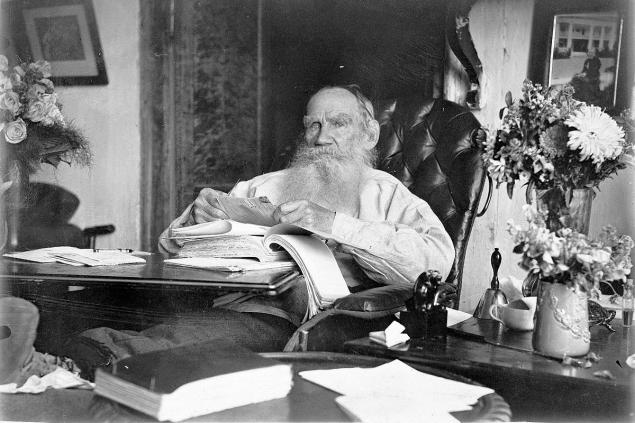
GettyImages Even the genius of the pen Leo Tolstoy ended his letters with the signature "webj", which means - if I am alive. And the polite appeal “sovereign” ancestors managed to reduce to... one letter. Yes, yes, please-c is an abbreviated "Excuse me, sir!"
What is a dictionary? The particle "-s", which in the XIX century was used with words, has its own name - vocabulary, or vocabulary. And received it thanks to the Slavic alphabet. All the letters in it had unusual names for us. Remember, bucky, drive. ?
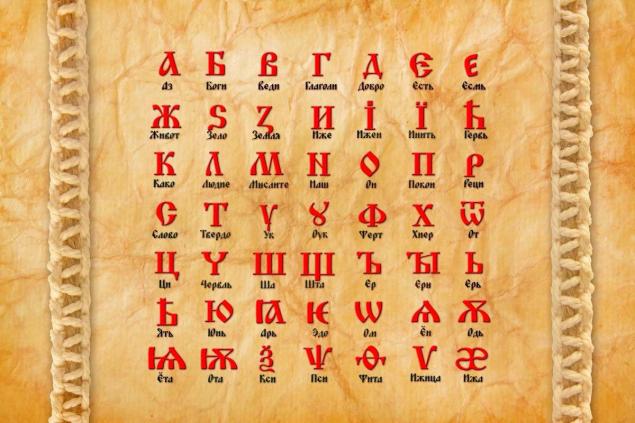
Now, the letter "c" was called the word. And due to the fact that it was then written with a solid sign, for example, “yes”, the old name of the solid sign is added – “er”. We get a dictionary.
Why Onegin Ignored the "-s" It was believed that adding the "-s" is necessary when referring to a person with higher status. Servants attached a vocabulary when addressing their masters.
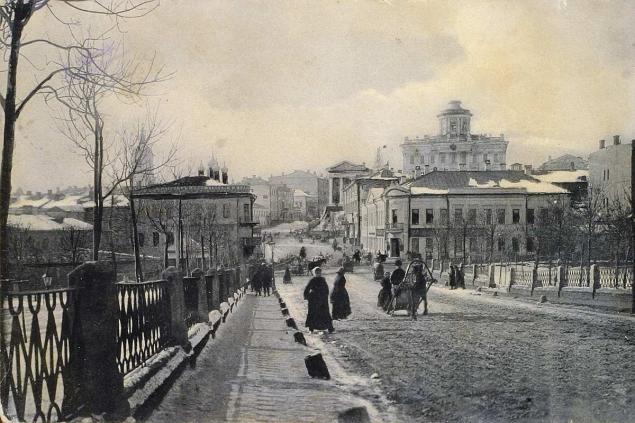
GettyImages Everyone else did it in public places and at receptions to show deep respect to the interlocutor.
“All friendship ended with him.
“Our neighbor is uneducated; he is mad;
<. . . He doesn't fit the handle for the ladies.
All yes no no no no no no no no no no no no no no no no
Or no-s. That was the general voice.”
Pushkin Onegin, like other progressive people of the time, considered the custom of adding “-c” as a manifestation of subservience. This was associated with small and always ingratiating people, so for educated youth it looked like a kind of self-humiliation.
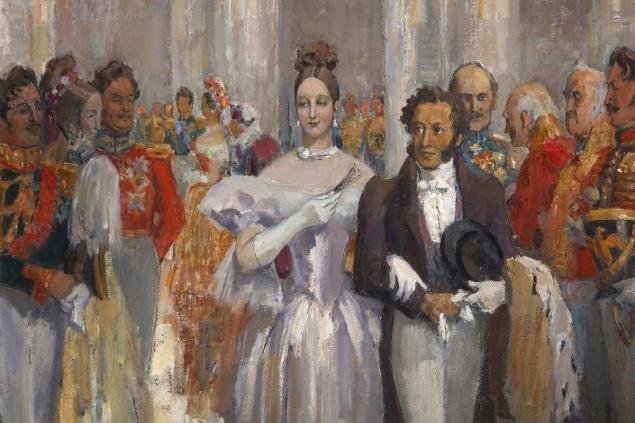
After the revolution, all “bourgeois” appeals were forgotten. The dictionary went with them. Knowledge of such outdated expressions allows us to better understand our history and the work of the classics of Russian literature.
The article and the preview used photos.

What does this mysterious "-s" mean, why was it called a "dictionary" and refused to use Pushkin Onegin? The answers are in our article.
Intensive communication in messengers and social networks increasingly forces us to reduce commonly used words. So there was "sps" instead of "thank you", "pjlst" instead of "please" and "knch" instead of "of course".

Advocates of purity of the language sound the alarm, claiming that network literacy penetrates into oral speech and literally destroys the Russian language. But few people know that our great-grandfathers cut much steeper.

GettyImages Even the genius of the pen Leo Tolstoy ended his letters with the signature "webj", which means - if I am alive. And the polite appeal “sovereign” ancestors managed to reduce to... one letter. Yes, yes, please-c is an abbreviated "Excuse me, sir!"
What is a dictionary? The particle "-s", which in the XIX century was used with words, has its own name - vocabulary, or vocabulary. And received it thanks to the Slavic alphabet. All the letters in it had unusual names for us. Remember, bucky, drive. ?

Now, the letter "c" was called the word. And due to the fact that it was then written with a solid sign, for example, “yes”, the old name of the solid sign is added – “er”. We get a dictionary.
Why Onegin Ignored the "-s" It was believed that adding the "-s" is necessary when referring to a person with higher status. Servants attached a vocabulary when addressing their masters.

GettyImages Everyone else did it in public places and at receptions to show deep respect to the interlocutor.
“All friendship ended with him.
“Our neighbor is uneducated; he is mad;
<. . . He doesn't fit the handle for the ladies.
All yes no no no no no no no no no no no no no no no no
Or no-s. That was the general voice.”
Pushkin Onegin, like other progressive people of the time, considered the custom of adding “-c” as a manifestation of subservience. This was associated with small and always ingratiating people, so for educated youth it looked like a kind of self-humiliation.

After the revolution, all “bourgeois” appeals were forgotten. The dictionary went with them. Knowledge of such outdated expressions allows us to better understand our history and the work of the classics of Russian literature.
The article and the preview used photos.
In hot Italy, Panzanella salad is eaten at noon to cool off
Name an event in the last two years that you'd like to wipe off the face of the earth.

















